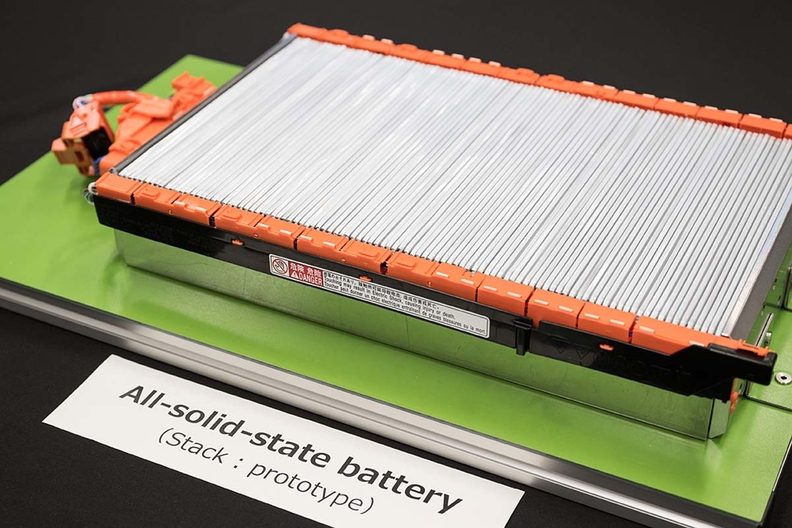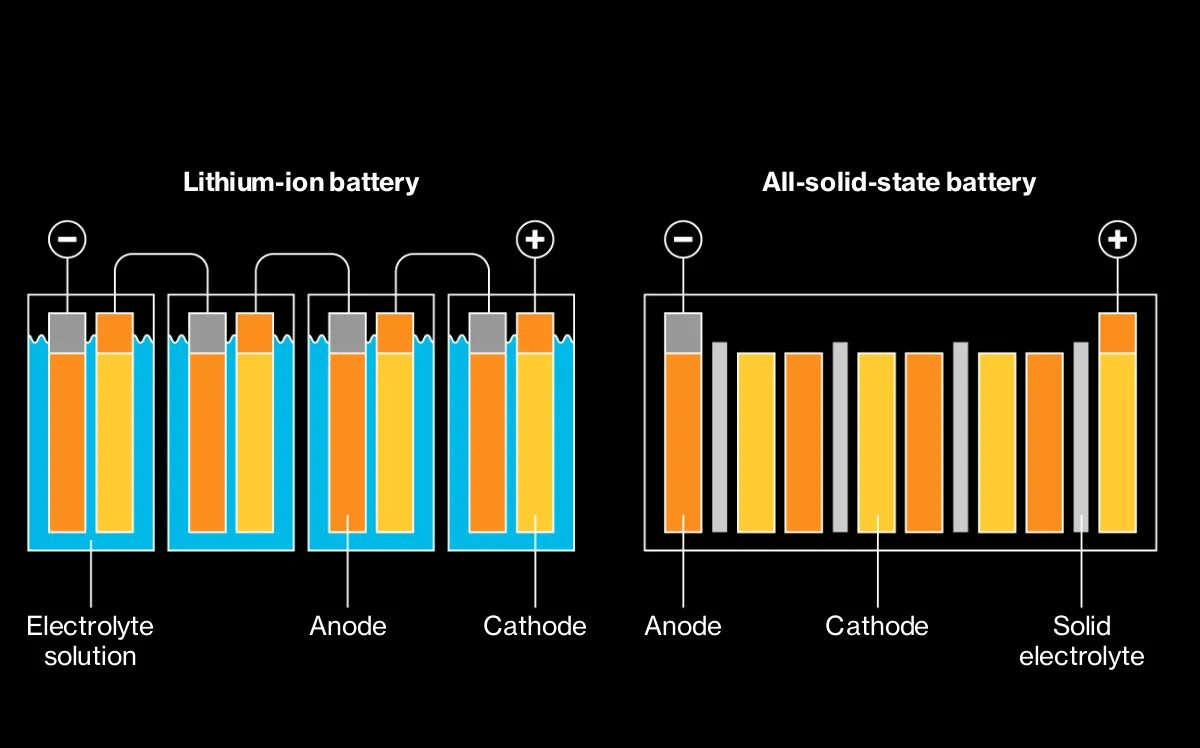Stellantis is another to announce it will start using solid state batteries in the not-too-distant future.
Formal testing road testing of these new batteries made by US start up Factorial begins in 2026. This follows an announcement that MG intends to start employing SS battery tech in its cars as of next year.

Factorial’s solid-state cells evidently have an energy density of more than 390Wh/kg. That compares with approximately 270Wh/kg for current lithium-ion battery tech. The upshot will be significantly longer range and reduced battery pack weights compared with today’s EVs.
Stellantis is fitting out Dodge Charger Daytonas with the Factorial batteries in 2026. They will then undergo performance and durability testing in real-world conditions.
The firm said cars based on the STLA Large platform will take priority for the new battery technology. That means larger vehicles from Alfa Romeo, Maserati, Jeep, Dodge and Chrysler. That’s almost the exact opposite of what Toyota is planning; it said SS battery tech will initially go into its hybrid vehicles.

Whatever, the race to get SS battery tech on the road first is hotting up. MG owner SAIC recently announced that it will start equipping cars with the new technology next year. Its semi-solid-state battery pack gives a large saloon a range of 800km between charges. Chery also suggests it has solid-state batteries with an energy density of 600Wh/kg that will be ready to roll in 2026.
Toyota is aiming to have solid-state batteries in new cars by 2027 or 2028. Nissan reckons its first solid-state EV will arrive in 2028 as well. Its battery pack will be around half the size and weight of an equivalent conventional pack with the same capacity.
And Volkswagen says its PowerCo battery manufacturing division will mass-produce solid-state batteries developed by QuantumScape. It hopes to get underway by 2026-2027.
Meantime in China, heavyweights BYD and CATL have joined forces to fast-track development of solid-state battery technology. They believe small-scale production will begin in 2027, and within five years solid-state technology will be mainstream. However, LFP batteries are likely to be used in entry-level EVs for at least the next couple of decades.
Not all car makers are so gung-ho on SS batteries. Mercedes-Benz believes they may not be necessary because of “unexpected” progress with existing lithium-ion battery technology.


